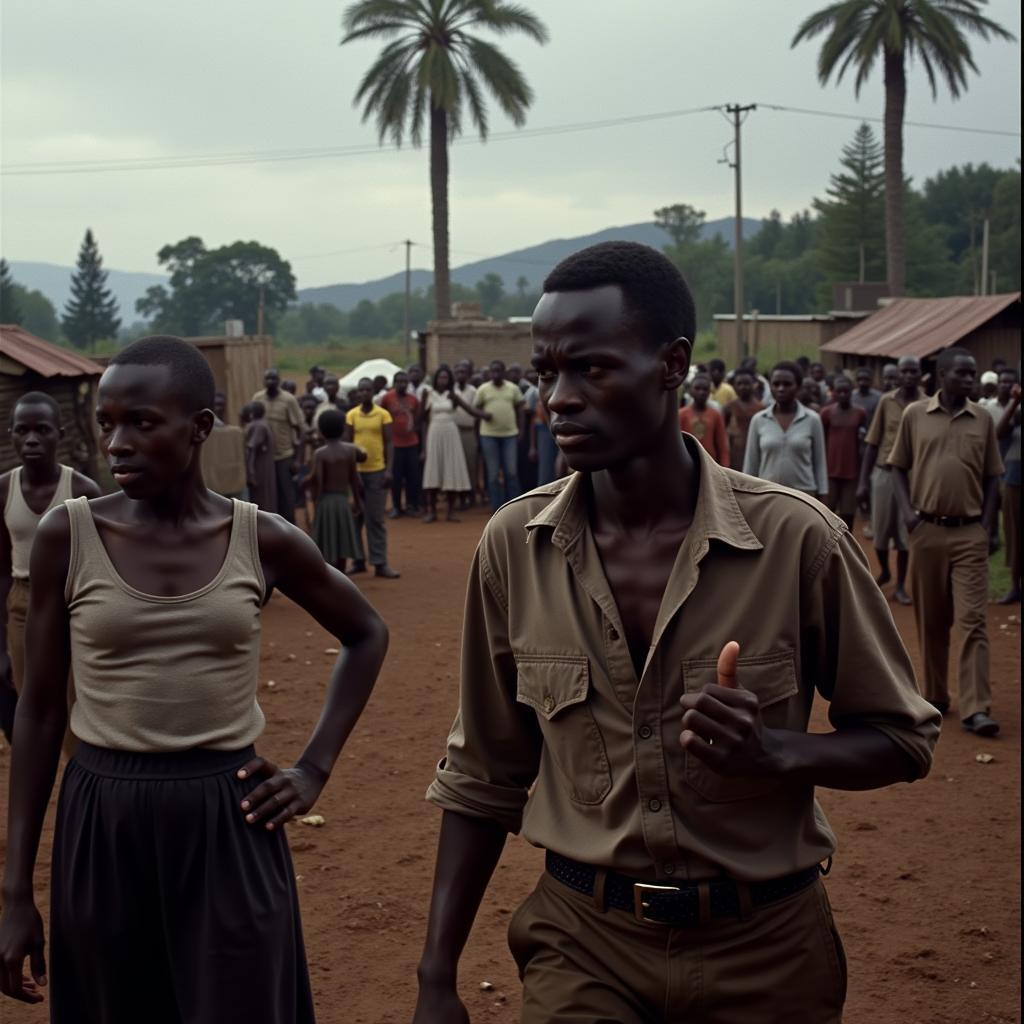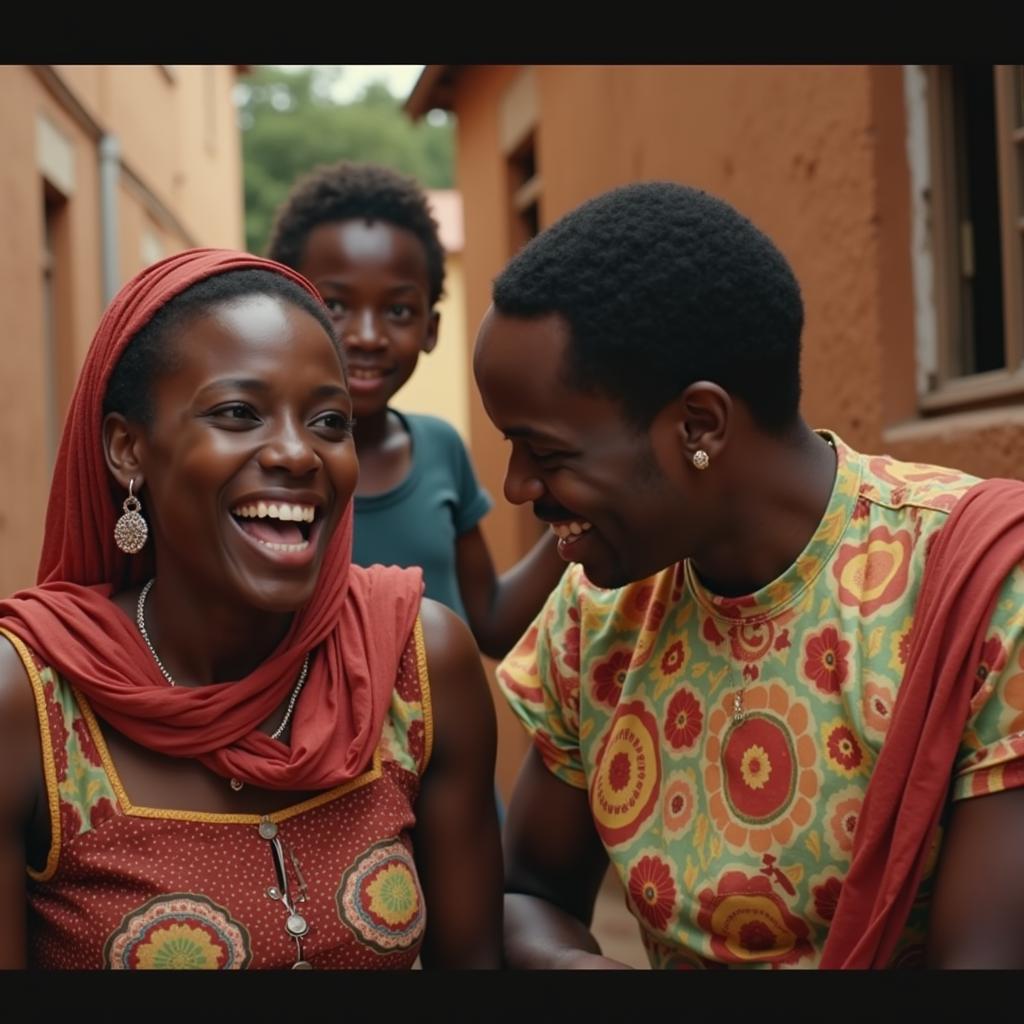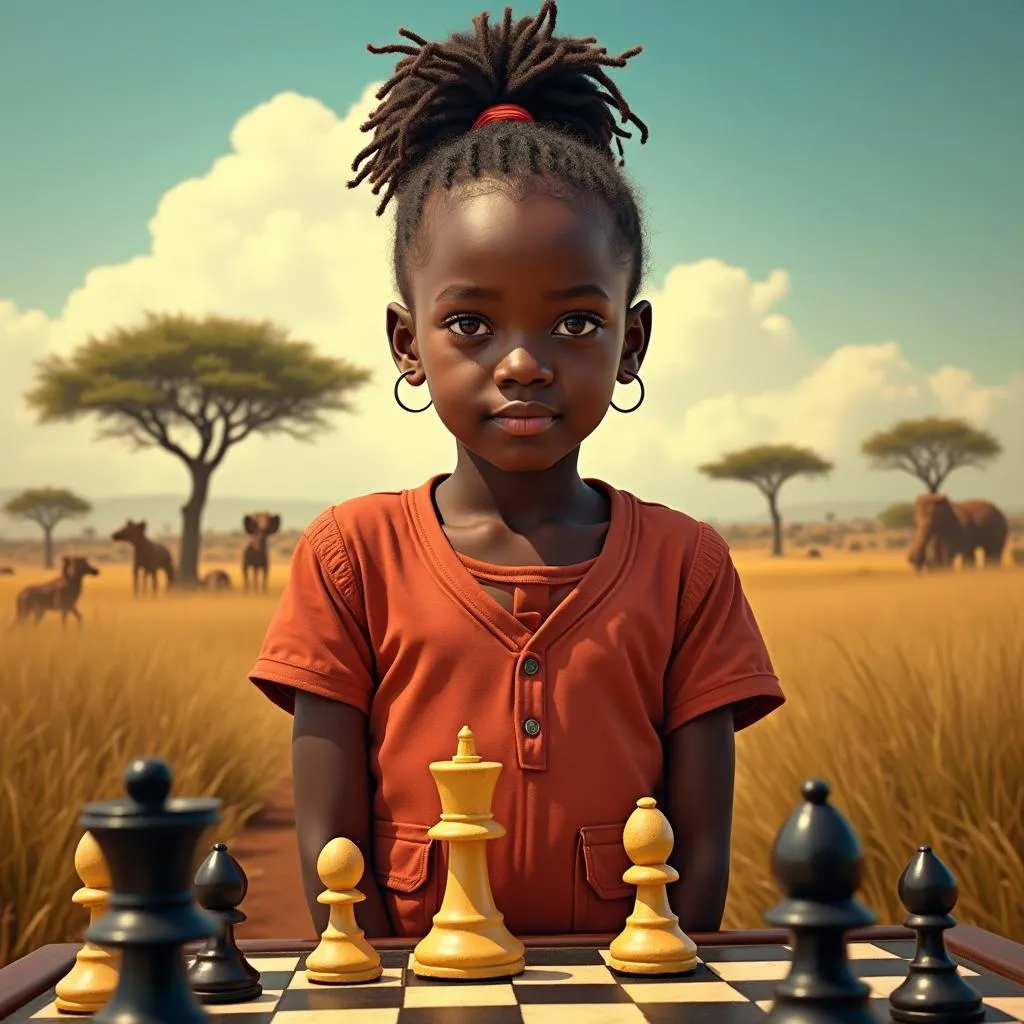African Cinema: A Lens on Politics and Culture
African cinema, a vibrant and multifaceted tapestry of storytelling, offers a compelling lens through which to explore the intricate relationship between politics and culture on the continent. From the early days of post-colonial filmmaking to the contemporary explosion of talent and innovation, African films have consistently engaged with the socio-political realities and cultural nuances that shape African societies.
A Historical Perspective: Cinema as a Tool for Liberation
The emergence of African cinema coincided with a period of profound transformation across the continent. In the 1960s, as many African nations gained independence from colonial rule, filmmaking emerged as a powerful tool for national identity formation and political consciousness-raising. Pioneering filmmakers like Ousmane Sembène of Senegal and Med Hondo of Burkina Faso used the medium to challenge colonial narratives, expose social injustices, and celebrate African culture and heritage.
Sembène’s seminal work, Black Girl (1966), for instance, exposed the exploitation and alienation faced by African domestic workers in post-colonial France, while Hondo’s Sun of Independence (1983) offered a searing critique of neocolonialism and political corruption. These early films laid the groundwork for a politically engaged cinema that would continue to challenge power structures and give voice to the marginalized.
Navigating the Post-Independence Era: Identity, Conflict, and Reconciliation
As African nations grappled with the challenges of post-independence nation-building, cinema became a site for exploring themes of identity, conflict, and reconciliation. Films like The Battle of Algiers (1966), an Algerian-French production, provided a harrowing depiction of the Algerian War of Independence, while Hotel Rwanda (2004) shed light on the Rwandan genocide. These films served as stark reminders of the human cost of conflict and the importance of peacebuilding.
 Film Still: Rwandan Genocide
Film Still: Rwandan Genocide
However, African cinema also offered messages of hope and resilience. The films of South African director, Nadine Gordimer, known for their literary adaptations, explored themes of apartheid and its aftermath, highlighting the strength and resilience of the human spirit in the face of adversity.
Beyond Politics: Celebrating African Culture and Diversity
While political themes remain central to much of African cinema, the continent’s filmmakers have also explored a wide range of cultural and social issues. From love and relationships to family dynamics and tradition versus modernity, African films offer nuanced portrayals of everyday life and the richness of African cultures.
 Scene from an African Comedy Movie
Scene from an African Comedy Movie
Nollywood, the Nigerian film industry, has emerged as a global phenomenon, producing a vast output of films that cater to a wide range of tastes, including comedies, romances, and musicals. These films have played a significant role in promoting African culture and storytelling to a global audience. You can find a diverse collection of African comedy movies list to explore this genre further.
The Rise of Women in African Cinema
In recent years, there has been a surge in the number of women filmmakers emerging from Africa. These women are bringing fresh perspectives to African cinema, challenging gender norms, and telling stories that have often been overlooked.
Filmmakers like Wanuri Kahiu (Kenya), whose film Rafiki (2018) sparked controversy for its depiction of a lesbian relationship, and Mati Diop (Senegal), the first Black female director to compete for the Palme d’Or at the Cannes Film Festival with her film Atlantics (2019), are breaking new ground and paving the way for future generations of female filmmakers.
The Future of African Cinema: Innovation, Collaboration, and Global Reach
African cinema continues to evolve and thrive, with a new generation of filmmakers embracing innovative storytelling techniques and pushing creative boundaries. The rise of digital platforms has also created new opportunities for distribution and exhibition, allowing African films to reach a wider audience than ever before.
Conclusion: African Cinema as a Mirror to the World
African cinema, with its rich history and diverse voices, offers a powerful and nuanced reflection of the continent’s political and cultural landscape. Through the captivating stories told on screen, African filmmakers continue to challenge perceptions, spark dialogue, and contribute to a deeper understanding of Africa’s complexities and possibilities.
FAQ
1. What are some must-watch classic African films?
Some essential classics include Black Girl (1966), The Battle of Algiers (1966), Yeelen (1987), Hyenas (1992), and Lumumba (2000).
2. What is Nollywood, and why is it significant?
Nollywood is the nickname for the Nigerian film industry, one of the largest in the world. It is significant for its prolific output, diverse genres, and global reach.
3. Who are some notable contemporary African filmmakers?
Some contemporary names to know are Wanuri Kahiu, Mati Diop, Rungano Nyoni, and Djibril Diop Mambéty.
4. Where can I watch African films online?
Platforms like Netflix, Amazon Prime Video, and YouTube offer a growing selection of African films.
5. How can I support African cinema?
Seek out and watch African films, attend film festivals, and spread the word about the incredible talent and stories coming out of the continent.
Looking for more captivating content on African culture?
- Explore the vibrant world of African comedy clips and discover the humor that makes this continent so unique.
- Delve into the history of African American history 1980s and understand its impact on the present.
Need help or have questions?
Contact our 24/7 customer support team at:
- Phone: +255768904061
- Email: kaka.mag@gmail.com
Visit us:
Mbarali DC Mawindi, Kangaga, Tanzania.


